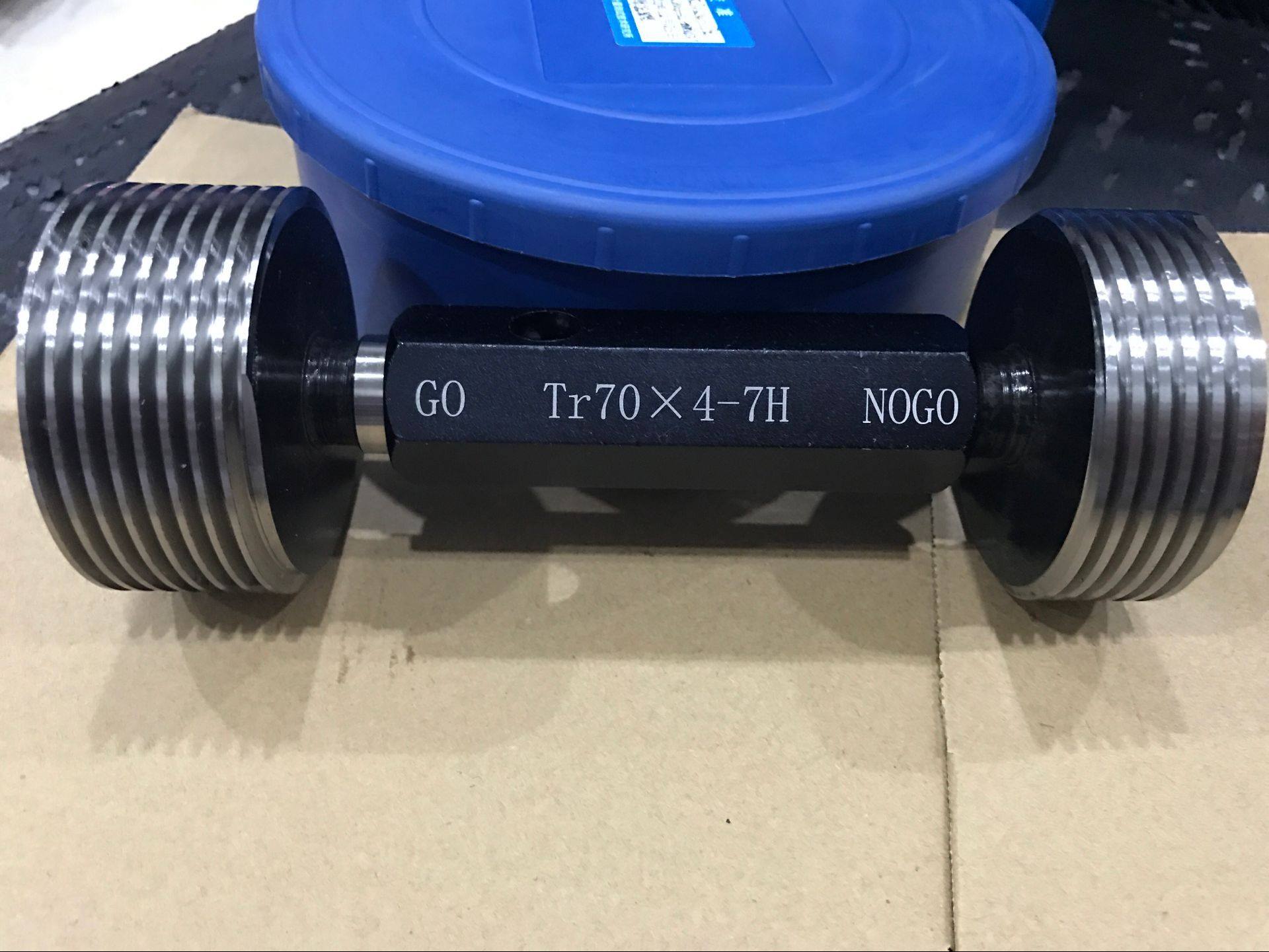In the precision engineering and manufacturing domain, the timeline between initiation and completion, known as lead time, plays a crucial role in shaping project efficiency. When it comes to custom thread gauges and thread taps, effectively managing lead times becomes essential for ensuring timely deliveries. Let us focus on the intricacies of lead times and offers strategies to navigate them skillfully. These strategies ensure the prompt delivery of custom thread gauges and taps, even within the complexities of intricate manufacturing processes.
In custom manufacturing, lead times represent the duration from order initiation to final delivery of your NPT thread gauge and thread tap. For custom thread gauges and taps, this timeline includes several stages like design, engineering, manufacturing, quality assurance, and shipping. Since these tools are tailored to specific needs, lead times can vary due to multiple influencing factors.
The complexity of the design plays a substantial role in determining lead times. More intricate designs demand additional time for the engineering and manufacturing processes to ensure precision. Material selection also impacts lead times; obtaining specialized materials may lengthen the procurement phase, affecting the overall project schedule. While rigorous quality control and testing procedures may extend lead times, they are indispensable for ensuring the precision and reliability of these tools. Additionally, the level of customization directly influences lead times, with highly customized ACME thread tap tools often requiring more time for their development and production.
Initiate the project with meticulous planning. Establish open and clear communication with the manufacturer from the outset to establish practical timelines. Clearly outline the project’s requirements and specifications to streamline the design and engineering phases. This minimizes the need for revisions that could extend lead times. If specialized materials are required, initiate the procurement process well in advance. Collaborate closely with suppliers to mitigate potential delays. Consider early-stage prototyping to identify and address potential issues before they impact the main production phase. While this might add some initial time, it can prevent significant delays later.
Collaborate with the manufacturer to optimize the manufacturing process. Explore avenues for process enhancements that do not compromise quality. Develop a comprehensive quality assurance plan tailored to your project’s requirements. This ensures that inspections and testing are efficient and do not cause unforeseen delays. Strategize the shipping and transportation logistics well in advance to avoid bottlenecks during the final stages of delivery. Explore various shipping options for expedited delivery when necessary. Prepare contingency plans to address potential delays. While the goal is to prevent delays, having a plan in place can help manage their impact on project schedules if unexpected issues arise.
An essential strategy for effective lead time management involves fostering a collaborative environment among project stakeholders, including the manufacturer. Open and transparent communication is crucial. Manufacturers often possess valuable insights and can offer guidance on lead time management based on their expertise.
While timely delivery is crucial, maintaining a balance between speed and precision is essential. Rushing the manufacturing process may compromise the quality of custom thread gauges and thread taps, leading to potential delays caused by rework or product issues.

